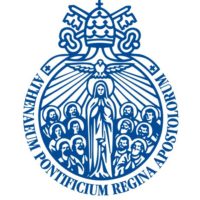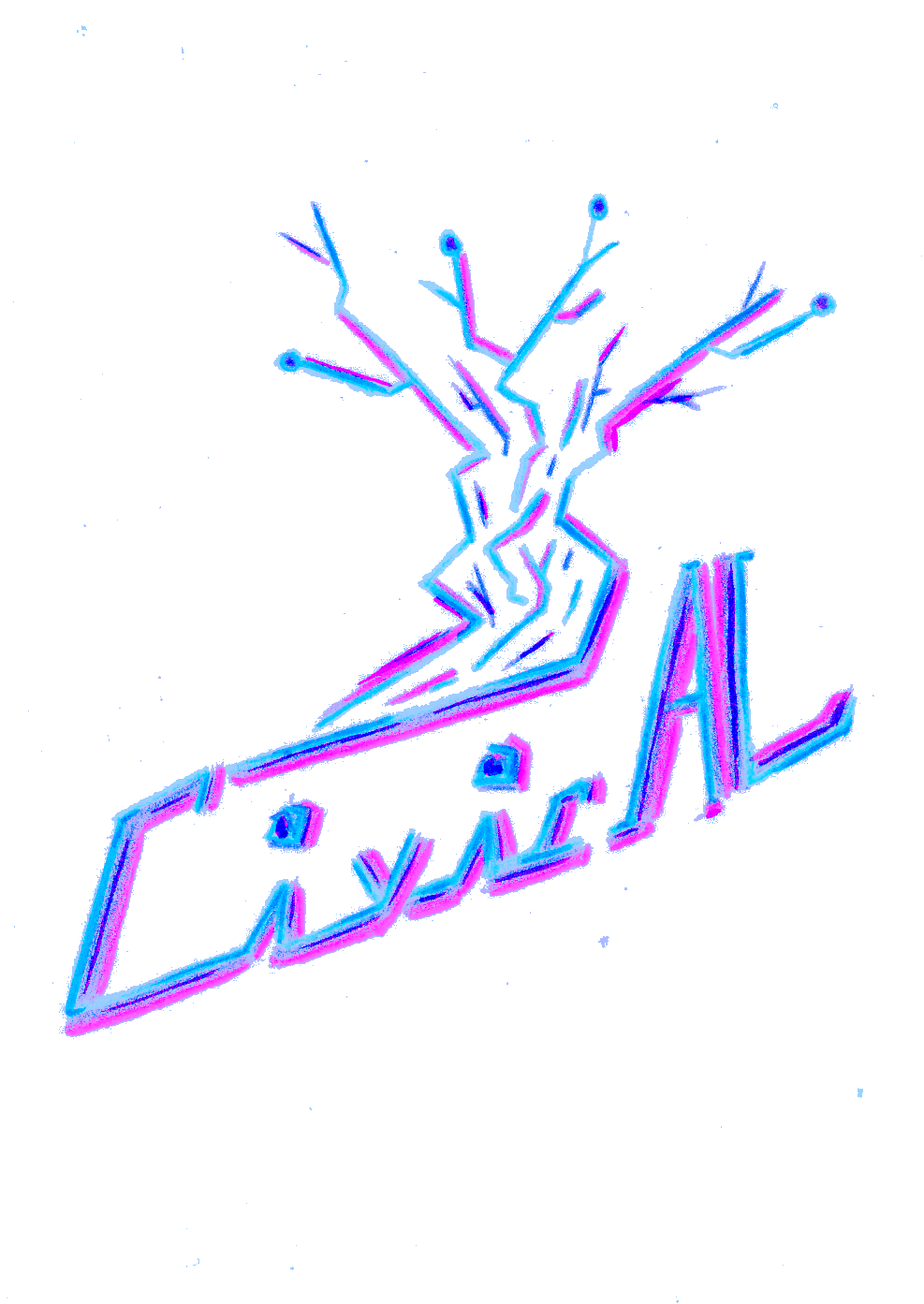




Civic Dimensions for Social Inclusion – CivicAL
Follow the Official Facebook Page @Civicalproject
The UNESCO Chair in Bioethics and Human Rights for the last year has been involved and active in raising awareness of the situation of migrants and refugees in Europe, specifically in Italy. Within the project European Citizens for Solidarity (EUROSOL), co-funded by the Europe for Citizens programme of the European Union, the UNESCO Chair was committed to overcome the misconceptions regarding migrants and refugees in Italy by organizing a debate on “Human Dignity and Human Rights of Refugees”.
As a continuation of this project, the UNESCO Chair has signed an agreement to participate in Civic Dimensions for Social Inclusion (CivicAL) project within the Erasmus + programme coordinated by the Altius Francisco de Vitoria Foundation, Spain. The aim of this project, which started in October 2018 and will end in September 2020, is to give to migrant and refugee adults access to civic education to integrate more fully into the community. In other words, CivicAL is responding to the increasing demands of the European Union (EU) to be a large family of multiethnic and multicultural societies, to witness in each state to a growing diversity due to the migration flows where a national cultural identity is compatible with a European identity.
While much has been done, the level of knowledge of the EU, its policies and institutions, is not enough. This is particularly valid for adults in disadvantaged situations, such as those who are migrants, of an ethnic minority background, refugees and recently arrived migrants. The current proposal will address the gap in civic education for adults in disadvantaged situation in six EU countries. The consortium is composed of Bulgaria, Cyprus, Germany, Italy, Romania, and Spain from different public and private sectors. In two years, the consortium is going to develop the Trainer’s Manual entitled “Civic Education for Disadvantaged Learners” and the EU citizenship game, both translated into six EU languages.
The UNESCO Chair team involved in this project will be focused on:
- Organizing the kick off meeting;
- Developing unit 3 of the manual: EU citizens’ rights and responsibilities;
- Developing level 2 of the game: Learn the citizens’ rights and responsibilities
- Organizing Regional CivicAL Forum to disseminate the development CivicAL output, tested and available for free use by the project targets.
- Opening and managing Facebook Group.
Moreover, to facilitate the aforementioned project, the UNESCO Chair will also provide a Code of Ethics to guide the work of the consortium.
“As Professor of Philosophy of Law, International Law, and Chairholder of UNESCO Chair, I granted the request to participate in CivicAL project, because I think it is fundamental to understand that on one hand migrants’ rights need to be respected, and on the other, migrants have their responsibilities towards the host countries. Education is a pillar in the existence of a person, a tool that frees minds and gives access to opportunities. As a UNESCO Chair, which seeks to Foster the Art of Convergence and Cooperation in Global Ethics, in EU, it is our duty to provide education tools to migrants, but it is also their responsibility to be committed to it.” Alberto Garcia, Chairholder of UNESCO Chair in Bioethics and Human Rights.

